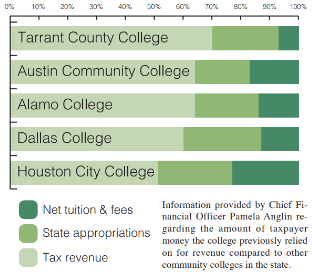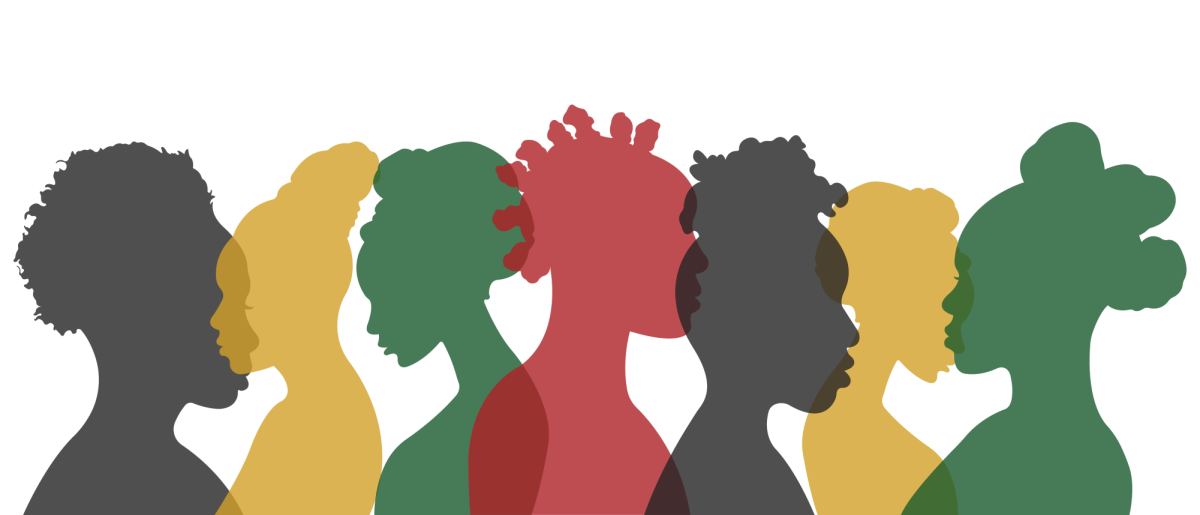By Kathryn Kelman/editor-in-chief
After millions gathered around the world last January for the historic Women’s March, many questioned whether it accomplished anything or if it ever would.
Yet between the first Women’s March last year to the second last weekend, notable progress has indeed been made in women’s rights.
India’s Supreme Court made a landmark ruling in October that sex by a man with his wife under 18, with or without her consent, is rape, drawing applause from human rights activists who oppose child abuse and support gender rights.
October also gave us the #MeToo movement where decades-old sexual assault and harassment allegations were brought against one of Hollywood’s most powerful producers, Harvey Weinstein. This empowered women from all over the world and all walks of life to share their stories, resulting in a spike in women reporting rape, sexual assault and harassment by almost a third compared to October 2016.
Iceland then kicked off 2018 by becoming the first country to make it illegal to pay men more than women, requiring equal pay for equal work. The new law applies to around 1,200 companies in Iceland and covers nearly 150,000 workers. Other countries have made similar moves, but Iceland remains the global pioneer as it sets sights on closing the gender pay gap by 2022.
Most recently, women in Saudi Arabia were allowed to attend a public soccer game for the first time. Though it seems small in comparison to other advances, the progress being made in the heavily repressive country is a big deal for women there, especially coupled with the fact that the country announced it will allow women to drive for the first time this June.
No, the Women’s March is not directly the cause for all this progress, but it clearly served as a catalyst for those fighting for equality.
The march will hopefully continue to serve as an opportunity to celebrate the victories of the past year and build on the momentum for those who will, nevertheless, persist in the next.
































